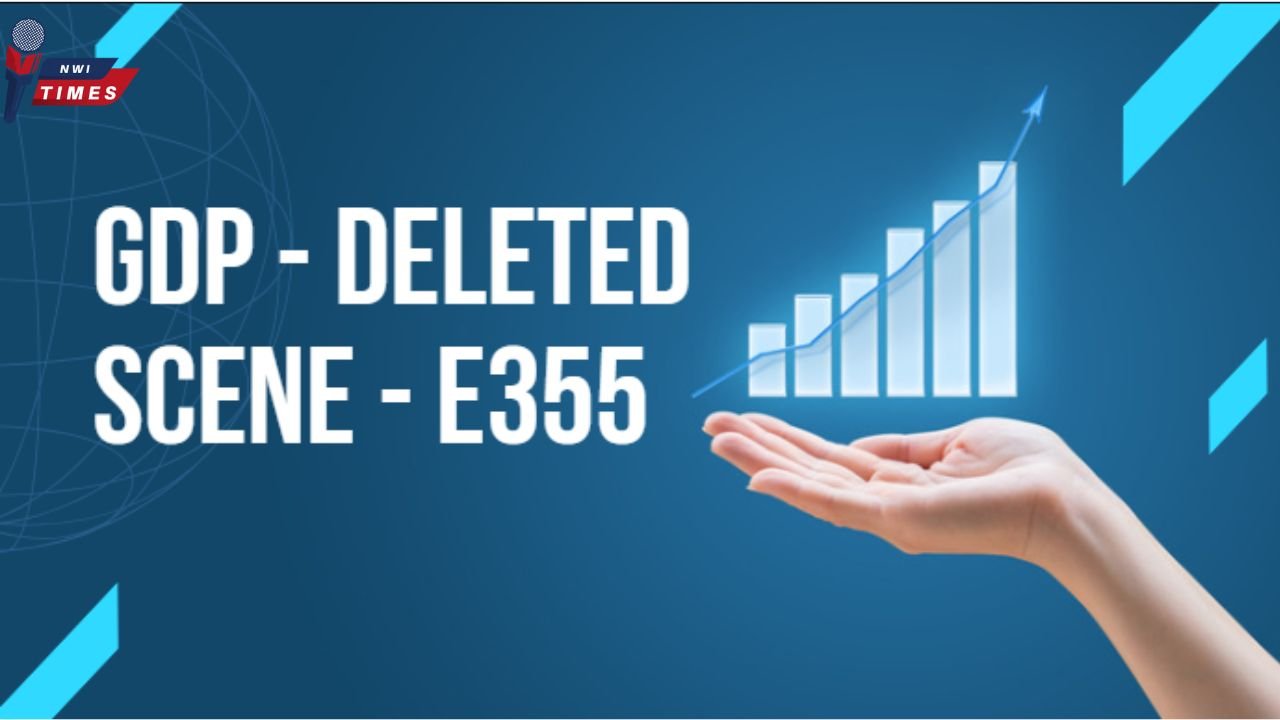“GDP – Deleted Scene – E355” refers to an unseen or extra part from a film or television episode involving the GDP (Gross Domestic Product). This might be a segment cut from the final release, showing additional content related to economic data or financial topics. Deleted scenes can provide extra context or details not included in the main storyline, offering fans and viewers more insights into the subject matter.
Why Are Deleted Scenes Important?
Deleted scenes are significant for several reasons. They can shed light on characters, plotlines, or information that might not make it into the final cut. In the context of “GDP – Deleted Scene – E355,” these scenes could provide a deeper understanding of how GDP is discussed or portrayed in media. Such scenes can also offer additional entertainment value or clarify complex economic concepts.
What Content Might Be Found in This Scene?
In “GDP – Deleted Scene – E355,” you might find detailed discussions about GDP, including how it affects different sectors of the economy. This scene might explore various economic theories or real-world examples of GDP impacts. It could also include interviews with experts or fictional characters discussing economic policies or data.
How Does This Scene Relate to GDP?
The scene titled “GDP – Deleted Scene – E355” likely explores aspects of GDP, which measures a country’s economic performance. GDP stands for Gross Domestic Product and reflects the total value of goods and services produced within a country. The deleted scene may provide additional context or explanations about how GDP figures are used or interpreted.
What Are Some Key Economic Terms?
In the context of “GDP – Deleted Scene – E355,” understanding some key economic terms can be helpful. Here are a few terms related to GDP:
- Gross Domestic Product (GDP): Measures the total value of goods and services produced in a country.
- Inflation: Refers to the increase in prices and decrease in purchasing value of money.
- Recession: A period of economic decline typically characterized by a decrease in GDP.
- Economic Growth: An increase in GDP and overall economic activity over time.
What Can We Learn from the Deleted Scene?
From “GDP – Deleted Scene – E355,” viewers might gain extra knowledge about how GDP impacts everyday life. The scene could reveal how different sectors contribute to the economy, how GDP affects job creation, or how economic policies influence GDP. This additional content can help viewers understand complex economic issues better.
Table of Pros and Cons
Here’s a table summarizing the benefits and drawbacks of examining deleted scenes like “GDP – Deleted Scene – E355”:
| Pros | Cons |
| Provides additional context about GDP. | Might contain information not directly relevant to the main storyline. |
| Can enhance understanding of economic concepts. | May include outdated or less accurate data. |
| Offers more detailed insights into character discussions. | Might be less polished than final scenes. |
| Can reveal unused or creative ideas. | May be confusing without proper context. |
How Does This Scene Compare to Final Content?
Comparing “GDP – Deleted Scene – E355” to the final content can show what was considered important enough to keep or cut. It may reveal the creators’ original vision or highlight themes that were less emphasized in the final version. Understanding these differences can offer deeper insights into the production process and thematic focus of the work.
Why Might Scenes Be Deleted?
Scenes like “GDP – Deleted Scene – E355” might be removed for several reasons. Sometimes, they do not fit well with the final storyline or pacing. Other times, they might contain information that is too complex or redundant. Deleted scenes often undergo review to ensure the final product meets its intended goals and audience needs.
Conclusion
In summary, “GDP – Deleted Scene – E355” represents an extra piece of content that can provide additional information or insights into economic topics related to GDP. While deleted scenes might not always make it to the final release, they can still offer valuable context and a more complete understanding of the subject matter.



